Join Georgetown University’s Fr. David Collins, S.J. in an amazing tour of Western Civilization.
Where did our modern notions about God, science and humanity come from?
Begin in the Mediterranean world of late Antiquity with the decline of Rome and the ascent of Christianity. Explore vigorous Christian debates over the appropriation of pagan thought along with the implications of these debates for medieval thinking. Follow the lively arguments over the origin of the cosmos, the laws of nature, and the extent of God’s direct role in natural changes and miraculous events.
Turning to the High Middle Ages, see the importance placed on human reason and logic. Explore reflections about both God and nature, the 13th century founding of the university, and the development of theology and natural philosophy – science’s predecessor. Learn about the development of a heliocentric conception of the universe and the trial of Galileo. Examine the scientific foundations of witch-hunts and the affect of the Reformation on science while paying special attention to Europe’s educators, the Jesuits and the
Join Georgetown University’s Fr. David Collins, S.J. in an amazing tour of Western Civilization.
Where did our modern notions about God, science and humanity come from?
Begin in the Mediterranean world of late Antiquity with the decline of Rome and the ascent of Christianity. Explore vigorous Christian debates over the appropriation of pagan thought along with the implications of these debates for medieval thinking. Follow the lively arguments over the origin of the cosmos, the laws of nature, and the extent of God’s direct role in natural changes and miraculous events.
Turning to the High Middle Ages, see the importance placed on human reason and logic. Explore reflections about both God and nature, the 13th century founding of the university, and the development of theology and natural philosophy – science’s predecessor. Learn about the development of a heliocentric conception of the universe and the trial of Galileo. Examine the scientific foundations of witch-hunts and the affect of the Reformation on science while paying special attention to Europe’s educators, the Jesuits and the Calvinists. Discover the mystical origins of alchemical studies and the rise of chemistry.
Finally, you will turn to such famous characters as Robert Boyle, who titled himself ‘a priest of nature’, Isaac Newton, who has been called the most important figure of the Scientific Revolution and the last of the great Magicians, and finally, Immanuel Kant, foremost philosophical and scientific thinker of the Enlightenment, whose ‘critical philosophy’ fundamentally reconceived thinking about God and the natural world.
Your Free Electronic Study Guide! When you order this course, we will send you a free electronic study guide that you can access in 3 convenient ways:
1) You can check your order confirmation email. It will include a link that enables you to download your guide.
2) The back of your program package also contains a copy of this link. You can access your guide by simply entering this URL into your browser.
3) Your case of CDs or DVDs will contain a copy of your electronic guide on CD. Simply insert this disc into your computer’s CD/DVD drive to access your guide.
$23.99
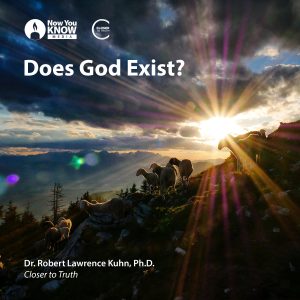
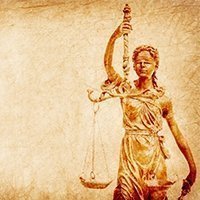
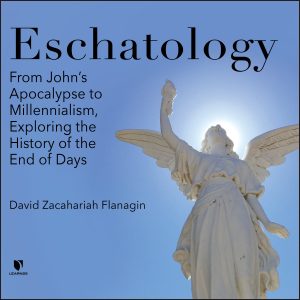
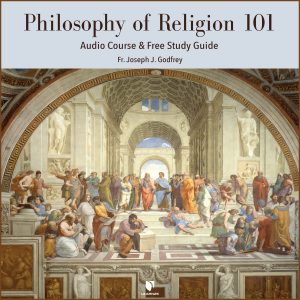
You must be logged in to post a review.
© 2021 Learn 25 | Privacy Policy | Terms of Use | MP3 Downloads | Customer Support
Stay in the know.
Enter your email address for a free coupon, and to find out about future specials and promotions. You may unsubscribe at any time.
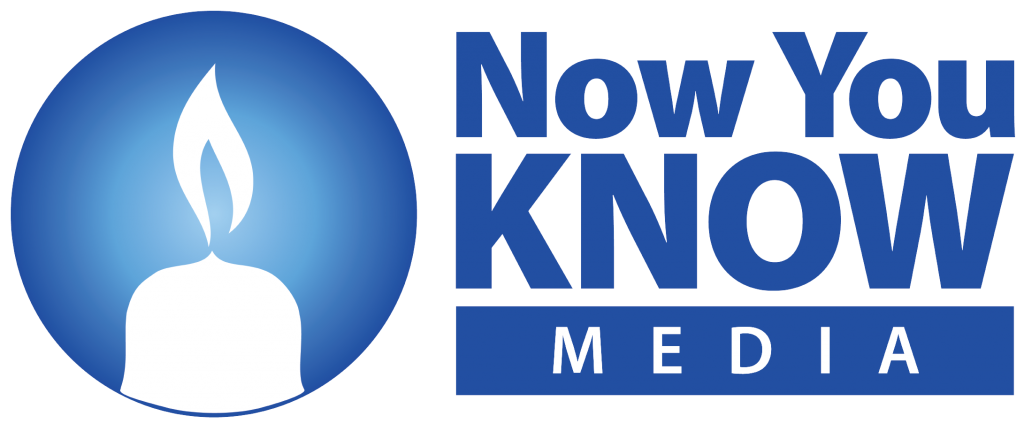

In an effort to provide our customers the best possible experience, we have created a new website for you at Learn25.com to browse our selection of over 400 audio and video courses by top professors.
Bob Boyle –
Wide Sweep, Clear ideas
Fr. Collins goes step by step through the history of how our modern ideas about science were encouraged through the Middle Ages and Scientific Revolution by key Christian doctrine. Not at all the shorthand history of religion against science that always gets trotted out.